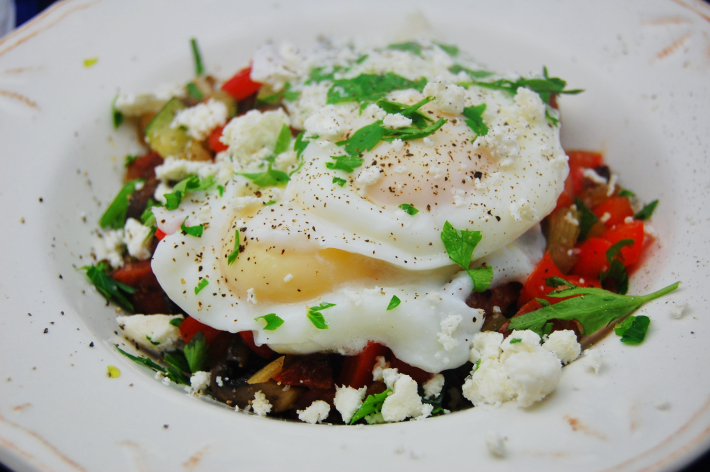re-blogged from BURNBLOG
Don’t be afraid of eggs. They are a super health food and can be prepared in many interesting ways
Around the world, eggs have been a breakfast staple from time immemorial and for all good reasons. Afterall, an egg is a storehouse of vital nutrients, making them an integral part of a healthy diet. And for those of you who are afraid of indulging in this power food because you’re worried that it will add to your weight, remember, one egg contains about 80 calories and about five grams of fat. Hence, smart consumption is a far healthier option to cutting them out completely.
Eggs are a well known rich source of protein — an important building block of bones, muscles, cartilage, skin, and blood. The body uses protein to build and repair tissues as well as making enzymes, hormones and other body chemicals. Unfortunately, unlike fat and carbohydrates, the body does not store protein, and therefore has no reservoir to draw on when it needs a new supply. Thus eggs are the perfect sources and a smart food choice for those who reduce their intake of carbohydrates in a bit to lose excess weight.
Another important nutrient you’ll find abundantly in egg white is riboflavin or Vitamin B2. And for all of you wondering what’s the benefit of this nutrient, Riboflavin is a water-soluble vitamin which is involved in vital metabolic processes in the body and is necessary for normal cell function, growth, and energy production.
The yolk, which many of us avoid out of fear, is actually a very healthy food, if consumed in moderation. Mainly fat, the yolk contains 1.33 gm of cholesterol per 100 gms and is a rich source of vitamin A, B vitamins, calcium, phosphorous, lecithin and iron. Incidentally, the iron found in the yolk is easily digested and assimilated in the body. According to nutrition experts, one can eat one whole egg every day without harming one’s cholesterol and other blood-fat levels. But for those who crave for more eggs, you can reduce fat by using one whole egg and the whites of the rest of the eggs.
And now for all the ways you can eat them. There are four basic ways in which eggs can be prepared. They are us under:
Boiled
For many of us, this is a comfort food that brings back yummy childhood memories. Boiling an egg is one of the healthiest way you can consume it and is the perfect option for those watching their weight. To make the perfect boiled egg, drop the eggs in their shells (preferably at room temperature) into simmering water, and cook for three to 10 minutes on a medium flame. Here’s the interesting part. A short cooking time produces a soft boiled egg, with a runny yolk while boiling the eggs for a longer time will give you a nice hard boiled eggs, which can be eaten plain, sliced, mashed and even added to variety of dishes.
Poached
You may have heard the term often and wondered what exactly the hype is all about. Well, to put it simply, a poached egg is one that has been cooked by poaching it in water. Like a boiled egg, this too is an oil free preparation method. To poach an egg, let water simmer in a pan. Crack the egg into a small bowl and then gently slid it into the pan. Cook the egg until the white has solidified but make sure the yolk remains soft. The ‘perfect’ poached egg has a runny yolk, with a hardening crust.





No comments:
Post a Comment